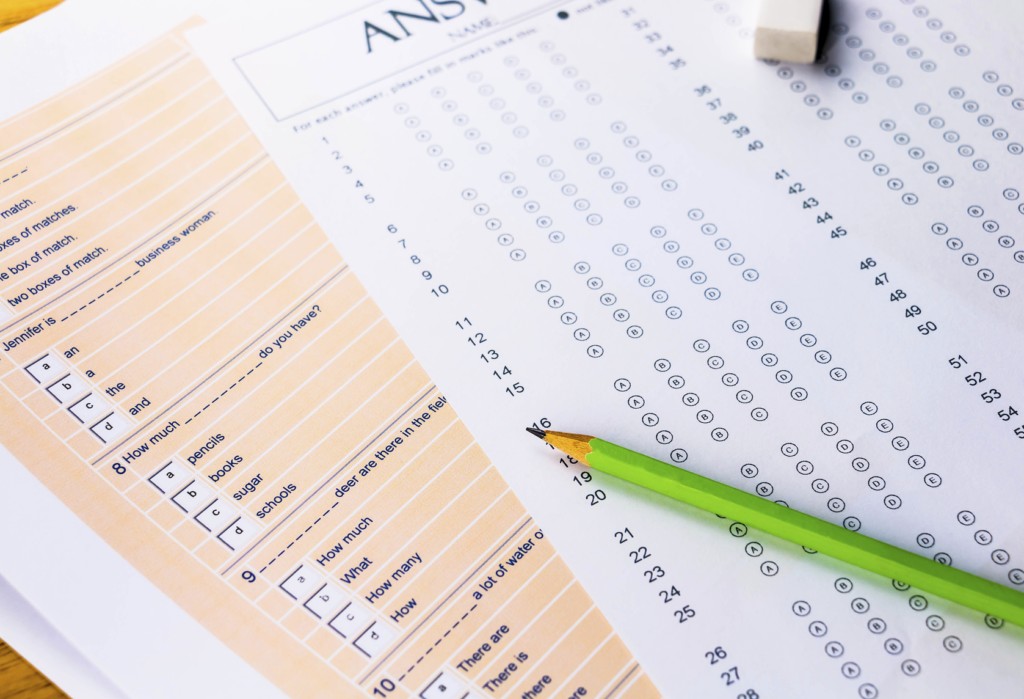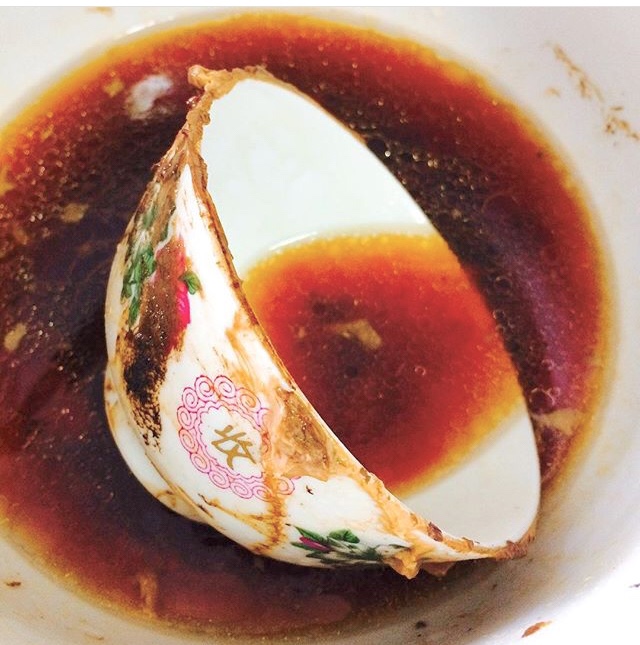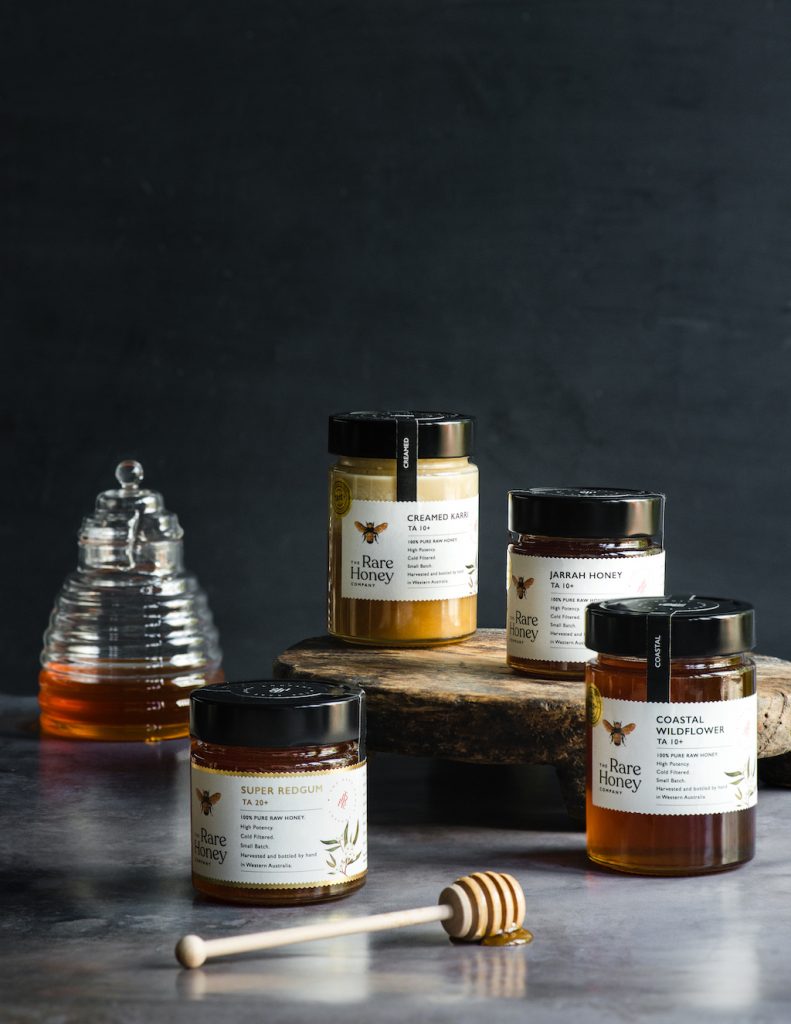SingaporeMotherhood | Preschooler & Up
September 2019
10 Mum-Tested Ways to Keep Calm and Help your Kids Prepare for Exams

Term 4 of the school year is here and with it, exams. While MOE (Ministry of Education) has removed assessments for Primary 1 and 2 pupils and (by 2021) mid-year examinations for Primary 3, 5 and Secondary 3 students, your children will still have to face tests and exams at some point in their academic life. Obviously, as a parent, you play a vital role in helping them manage the demands of academic life in Singapore. Here are some ways to do that, especially during exam season.
1. Combat Allergies Early

Ensuring that your kids are healthy during exams is important, as their physical wellness will affect their performance and confidence on the day. If it is an oral exam, for instance, you don’t want your child to be distracted or unable to speak smoothly because of coughing, sneezing, or a sniffling.
If your children are prone to allergies or respiratory issues, giving them a doctor-approved dosage of allergy medication such as cetirizine or non-sleepy Clarityn, or even Zyrtec, can be helpful. Ensure the medication does not have drowsy side-effects and always check with your GP to ensure the dosage is appropriate for your child.
In addition, minimising and avoiding exposure to allergens is as important, as it prevents the condition from flaring up in the first place.
2. ‘Bu’ the Body
Homemade Chicken Essence

Chicken essence is a traditional remedy in Chinese culture. More than just a comforting brew, this delicious and nourishing soup has fortified families for generations.
Homemaker Yian Lee, 40, makes chicken soup and essence for her children regularly during the lead up to their exams. This is her recipe, which “extracts the tastiest and most nutritious parts of the chicken.”
What you need:
- Whole black chicken
- Salt or soy sauce for seasoning
- Slow cooker
- 2 bowls of different sizes
- Plate
- Optional: Double boiler, pressure cooker, pestle
Preparation and Recipe:
- Wash the chicken
- For less fat, de-skin the chicken
- Chop the chicken and smash the bones
- Using the back of the chopper, pound and crush them into smaller pieces
- Put the smaller bowl upside down on top of the bigger bowl
- Take the plate and place it upside down on the small bowl. Place the chicken on the back side of the plate. The chicken should sit within the area of the big bowl
- Add water two-thirds of the way into the slow cooker, and place everything inside the slow cooker
- Boil for five to seven hours. Check on the water levels to ensure that it’s not too low
- You will know that it’s fully boiled when the chicken is dry. Take it out and enjoy!
- Optional: Add other herbs and ingredients such as chicken liver, ginseng, ginger, and wolfberries
Store-bought chicken essence
Not as inclined in the kitchen? Don’t worry, you can buy chicken essence for kids at the store. Brand’s has a Essence of Chicken with Vitamin B Complex for children, while Eu Yan Sang has a Power Up! range for kids. You can also get soup-style chicken essence in from Tian Yuan Xiang to drink.
(See also: New Star Tonic – Tian Yuan Xiang Chicken Essence from Taiwan is finally here in Singapore)
3. Try Tuina

A combination of massage and acupressure, tuina is a non-invasive alternative treatment that can help boost your child’s well-being. Eu Yan Sang physician Tan Wen Jia says it can help children to focus better, and to keep their stress levels down.
“Trouble focusing can be due to many reasons and figuring out why is key to helping your child. Inadequate rest, poor quality of sleep, anxiety, and nutritional and allergy issues are some common reasons that could be affecting your child’s concentration. Paediatric tuina can address these underlying problems, helping your child concentrate better,” she adds.
(See also: Paediatric Tuina can Improve your Child’s Immunity and Solve Common Childhood Problems)
4. Use Essential Oils

Cherie Tseng, mum to three boys aged 9, 7, and 2, has been using Young Living essential oils since 2012. She diffuses Cedarwood (“extremely effective during exam periods with its woody aroma which creates a relaxing atmosphere”) and Clarity (“invokes a sense of mental alertness, especially with peppermint and rosemary as key ingredients) to help her sons maintain mental alertness during exam season.
“Young Living essential oils have also helped with my children’s overall wellness,” says Cherie. “My favourite blends for them include Thieves and Immupower. I rub these on the soles of their feet to promote feelings of positivity. The Valor blend, with its woody scent, has a calming effect on them. It’s so versatile that I can integrate it into my children’s morning and bedtime routines, and anywhere in between.”
Indeed, aromatherapy can be an effective way to deal with exam stress. This is a practice I picked up as a child, and during stressful periods my room would smell like lavender throughout the night!
5. Give them Honey

Some mums swear by this ‘nectar of the gods’ as a one-stop cure-all. Indeed, honey has been used as a traditional remedy throughout the ages, and its health benefits are legion. If your child is gearing up for oral exams, one spoonful a day can help keep that sore throat away. Honey also has anti-bacterial properties and is a good source of antioxidants, helping to boost immunity and keep the kids healthy throughout the exams.
For maximum benefits, choose the right kind of honey. Raw honey from The Rare Honey Company, for instance, has been tested to have the highest Total Activity (TA+) ratings (kind of like an anti-bacterial killing scale – the higher the TA rating, the greater the strength of the honey). This means that the honey has recognised medicinal properties, and functions as a natural medicine.
6. Teach them to Meditate

Relaxation activities such as controlled breathing or visualisation can help calm nerves. Try breathing activities together with your child, such as taking a slow breath through your nose for four to five seconds, holding your breath for two seconds and then exhale slowly. Repeat a few times while at home and suggest to your child to do the same before the exam starts. Need some help? Apps like Calm, and Headspace have dedicated kid-friendly mediation guides.
(See also: Meditation is the One New Skill every Child needs to Learn for Success)
7. Draw Up a Schedule

Cultivate this habit early. It will help your children throughout their academic life and beyond. Start by sitting down a few weeks prior to the exam to make a study schedule. For each subject, go through the topics together to identify your child’s strengths and weaknesses. Allocate time to revise each topic. This will also help manage expectations for parents and kids. Use a topical structure to address gaps and develop skills after reviewing past work. If necessary, speak to their teachers to find the gaps.
As a child, I loved coloured pencils and glitter pens, so my Mum and I would sit together to make colour-coded timetables—a habit that I kept throughout my educational life. We’d carve out free time in the timetables to help divert stress and anxiety. We also made notes for when to do exam-style questions in exam conditions. After all, practice makes perfect!
8. Plan Study Breaks

New graduate Crystal Wong, 23, learnt to conquer exam anxiety with the help of her parents. “My Mum played an active role in my revision by ensuring I had help and support through tuition and assessment books. However, she also made sure that I had de-stressing options.” This is a practice Crystal maintained throughout her academic life, where she would schedule hours off during revision to do something low energy, but engaging, just to de-stress.
Taking the afternoon off and factoring in play time before the exams might sound counter-intuitive to scoring well. However this can actually help your child do better.
(See also: Is your Child Stressed by Exams? Spot the Signs and Combat it)
9. Keep Talking

Validating pre-assessment day possible on-the-day jitters will help connect with the child and to be in tune with their emotions, so they know what they are feeling is normal. When talking about the day, also run through details of the examination with them, so the process won’t seem so intimidating.
Experts agree that parents play a big role in helping children tackle exam stress successfully. Emotional support such as avoiding saying negative phrases or making comparative remarks is important and can help kids stay calm and purposeful about the task ahead. Sharing your own exam experiences and anxieties can also help create a supportive atmosphere.
It also helps to talk about the post-exams period, to give kids something to look forward to and to work towards!
10. Feed them a Healthy Breakfast

Rest early and wake up with ample time to get to the exam venue, have a good breakfast, and maybe pack a healthy snack to keep their energy levels consistent. Research suggests “brain foods” like eggs (egg yolk specifically!), walnuts and fish, contain nutrients to help brain performance.
If there is time, a quick revision of things to remember, playing calming music, meditation, and positive affirmations can give your child confidence to approach the challenge ahead.
Nurturing perseverance and a life-long love for learning isn’t easy, and daunting assessment periods do not help. Exams are tough, even for Mums and Dads; but relax—working together as a team with your kid is key!
(See also: Top 20 Brain Foods for Kids)
All content from this article, including images, cannot be reproduced without credits or written permission from SingaporeMotherhood.
Follow us on Facebook, Instagram, and Telegram for the latest article and promotion updates.





